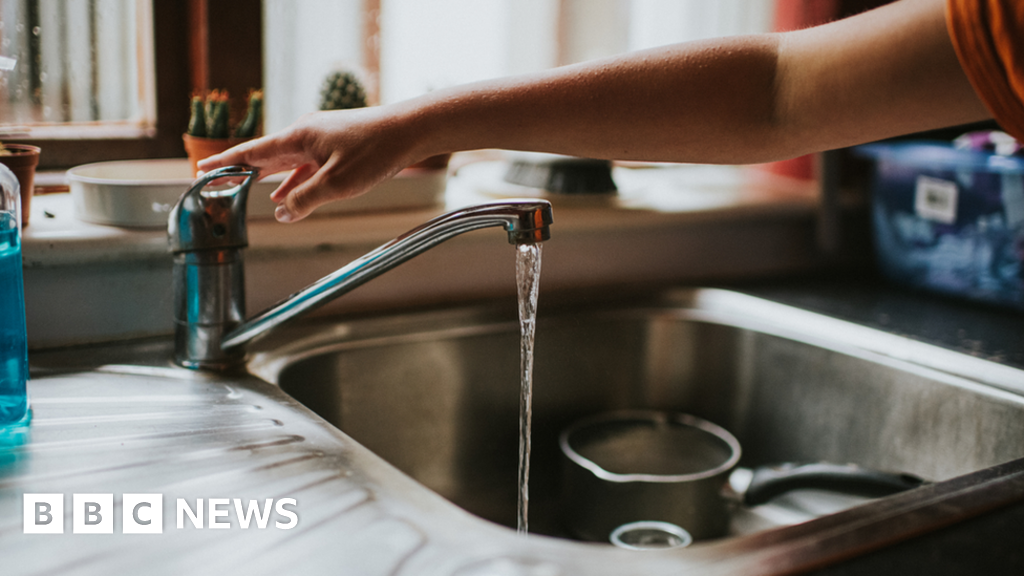Privatised water is stupid.
We’re literally handing wealthy owners free cash in return for them making the infrastructure and water ways worse.
Bring it back under state control.
Of course they are. How else are they going to pay for all the unlawful things they’ve been caught doing over the last few years?
This seems a little confusing to me.
They aren’t allowed to raise up rates too fast because they missed targets related to sewage and leaks.
But the only way for them to fix it is to spend more money on tackling sewage and leaks, which would come from raising rates.
There is definitely the argument that the dividends and bonuses should be used for this rather than raising rates, but that is different to preventing rate raising because service levels were too low.
That’s why companies that get privitised are so keen to issue dividends and bonuses: If it turns out there has been shit going on, the dividends are long gone, and it’s extremely difficult to claw them back.
Bunch of utter bastards. Issue massive dividends, saddle the companies with massive debt, then wait for the implosion that gets bailed out by the govt. So either the money lenders or the taxpayer pick up the tab.
I completely agree with your position, and surely that’s the one that should be taken by the regulators.
But it isn’t.
It’s not the only way, they could operate at a loss to make up for their mistakes.
❤️
Believe it or not, once upon a time in the not too distant past, companies would earn smaller profits to produce better quality products and services. But now the mantra is all-consuming growth, regardless of actual quality and performance.
You completely miss the point of my comment.
But that’s fine.
Can we please just not be fucking ripped off for once? Can we have ONE thing that doesn’t extort us?
This is the best summary I could come up with:
Water companies are forecasting an above-inflation rise in average household bills in April, drawing criticism from campaigners.
A host of companies were told by regulator Ofwat last year that they would have to limit rises owing to missing key targets on leakages, supply and reducing pollution.
More than a million households in England and Wales get cheaper bills through companies’ social tariff schemes, saving them an average of £151 last year.
Separately, Ofwat is considering proposals by water companies in England and Wales to increase bills by £156 a year by 2030 to pay for upgrades and reduce sewage discharges.
But Jim Wright, manager of the global infrastructure income fund at Premier Miton, suggested that even this increase might not be enough to upgrade the UK’s water and sewage systems.
Mr Wright acknowledged that customers would have to bear the brunt of the cost of improving Britain’s infrastructure, but said the average household is paying £1.29 a day for water and sewage services.
The original article contains 675 words, the summary contains 163 words. Saved 76%. I’m a bot and I’m open source!





